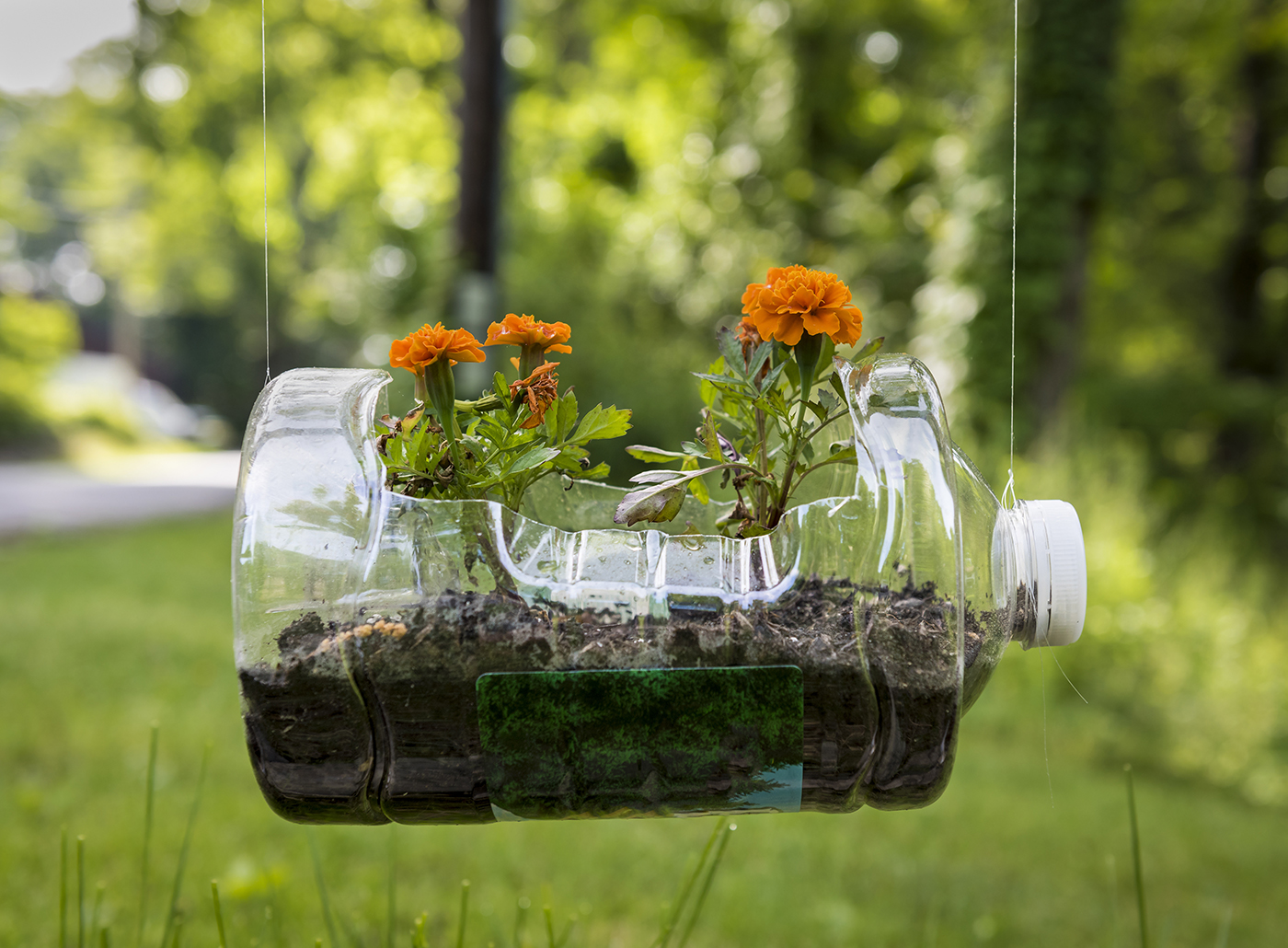
Organic waste is a significant contributor to the growing waste problem worldwide. According to the United Nations, roughly 1.3 billion tonnes of food waste are produced worldwide annually. Finding ways to recycle or reuse organic waste to reduce landfill waste, save money, and promote a sustainable lifestyle is essential. One way to do that is by using organic waste to improve the quality of your garden soil. Here are some creative ways to reuse the organic waste in your garden:
Related Articles
Which organic waste can we reuse?
Let us begin by examining the types of organic waste that it is possible to reuse before delving into how to reuse them in your garden. These include:
Table of Contents - Whats inside this article
- Food scraps, including vegetable and fruit peels, eggshells, and coffee grounds
- Garden waste, including leaves, grass clippings, and plant trimmings
- Wood chips and sawdust
- Animal manure
- Paper and cardboard
How can we convert organic waste into something useful?
One way to recycle organic waste is by converting it into compost, a nutrient-rich soil amendment you can add to your garden. Here are some ways to convert organic waste into compost:
- Start a compost pile.
- Using a bin or designated area, you can start a compost pile in your backyard. Add food scraps, garden waste, and animal manure to the stockpile, and allow it to decompose over time. Be sure to turn the pile occasionally to ensure proper aeration.
- Use a compost tumbler.
- A compost tumbler is a container you can use to create compost by rotating the contents. It's an excellent option for those with limited space or who want to speed up the composting process.
- Vermicomposting
- The method of vermicomposting entails the utilization of worms to decompose organic waste. You can create a vermicomposting bin using a plastic container and some bedding material, such as shredded newspaper. Add food scraps and garden waste to the trunk and let the worms do the rest.
How can we reuse organic waste?
Aside from composting, there are many other ways to reuse the organic waste in your garden. Here are some ideas:
- Use food scraps as fertilizer.
- Instead of throwing away vegetable and fruit scraps, use them as a natural fertilizer for your plants. Bury the leftovers in the soil around your plants, and they will break down over time, providing nutrients to your plants.
- Use wood chips and sawdust as much as possible.
- Wood chips and sawdust can be a natural mulch in your garden. Spread a layer of wood chips or sawdust around your plants to help retain moisture in the soil and suppress weeds.
- Create a leaf mold pile.
- Leaf mold is a nutrient-rich soil amendment that you can create by allowing leaves to decompose over time. Collect fallen leaves in the fall, pile them up, and let them decay for several months. You can then use the resulting leaf mold in your garden.
How can organic waste be recycled?
Organic waste can be recycled in several ways. Here are some examples:
- Community composting
- Some cities and towns offer community composting programs, where residents can drop off their organic waste to be composted. The resulting compost is used in community gardens or sold to local farmers.
- Commercial composting
- Some waste management companies offer commercial composting services, where they collect organic waste from businesses and households and compost it on a larger scale. The resulting compost can then be sold to farmers, gardeners, and landscapers.
- Anaerobic digestion
- Anaerobic digestion refers to the breakdown of organic waste using microorganisms without oxygen. The outcome of this process is the generation of biogas that can be used as a renewable energy source and a nutrient-rich digestate suitable for fertilizer use.
- Biomass conversion
- Biomass conversion is a process that involves converting organic waste into energy, such as electricity or heat. This process is commonly used in industrial settings and can help reduce greenhouse gas emissions by displacing fossil fuels.
Things to consider:
- Education: Before starting any organic recycling practices, it's essential to educate yourself on the proper techniques and methods for composting and using organic waste as fertilizer. Education can ensure that you get the most out of your efforts and avoid potential pitfalls.
- Type of Organic Waste: Different types of organic waste can require different recycling methods. For example, some food scraps may not be suitable for composting and may need to be used in other ways, such as vermicomposting or as a natural dye.
- Safety: It's essential to ensure that any organic waste used for gardening is safe and free from harmful chemicals or contaminants. For example, using organic waste from a yard treated with pesticides or herbicides can harm plants and humans.
- Handling and Storage: Storage and handling of organic waste in the right way are essential to prevent odor and pest problems. It's crucial to store organic waste in a designated area away from your home and to turn the compost regularly to avoid any unpleasant odors.
- Contribution to the Environment: By engaging in organic recycling practices, you contribute to the environment and promote sustainability. These contributions can enable a positive impact on the health of your community and the planet as a whole.
Overall, organic recycling is an excellent way to promote sustainable living and reduce waste. By these factors, you can ensure that you are doing your part to positively impact the environment while enjoying the benefits of a healthy and thriving garden.